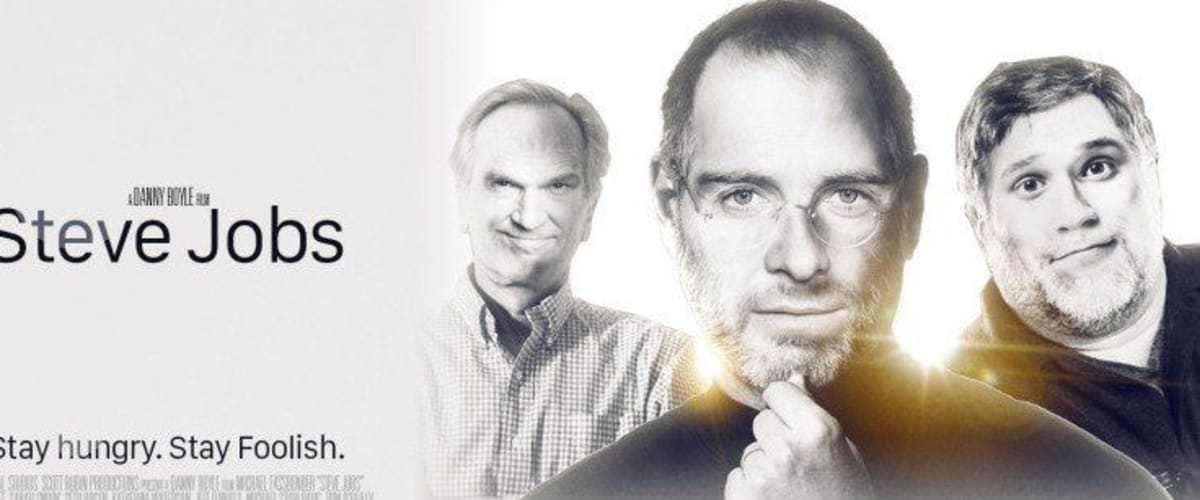
Jobs may have been, as Isaacson says, “the greatest business executive of our era,” but he was a mercurial, demanding, and tyrannical one. He was also interpersonally immature well into his adult life: impatient, stubborn, and hypercritical, if not downright cruel at times. He was intensely focused when committed, confident enough to take risky leaps, and charismatic enough to enlist legions of employees and customers in the relentless pursuit of his aspirations. Steve Jobs was certainly a willful and driven leader, and the products and services he directed his companies to develop and commercialize changed the way many of us live, as well as the course of a diverse set of industries, including computing, publishing, movies, music, and mobile telephony.Īt the same time, Jobs’s leadership style was complex. The leader Isaacson portrays could have illustrated the Great Man theory popular in the mid-19th century, with its heroic leaders whose decisions and sheer force of will determined the world’s course. Jobs pursued Isaacson, a former CEO of CNN and managing editor of Time, for five years (the first of many examples of Jobs’s persistence in the book), and then gave him a free hand (a much rarer occurrence), promising: “It’s your book. This is thanks to Walter Isaacson’s masterful, eponymous biography of the entrepreneur (Simon & Schuster, 2011), a 600-page account that rarely feels flabby or boring. Many other prominent leaders leave legacies that become clear only with time however, we can evaluate Jobs’s leadership with tremendous clarity already today. Jobs the leader was at once dynamic and controversial, and his success relied heavily on the genius of Jobs the innovator. Most business leaders would be thrilled to achieve Jobs’s level of market success, but should they aspire to lead like him? Before doing so, they should dig into his management style. Apple Inc., considered a niche player for much of its history, is the most valuable company in the world by market capitalization as of this writing. For more choices the company suggests visiting their Energy Saving Tips page on their website.Steve Jobs’s business feats were legendary long before he died in October 2011. The company did offer options like some of the assistance programs available in the state including choices like UniteCT, and COVID-19 payment plans, but those options will only be available for a limited time. In other words, you're pretty much on your own, and no matter what you do, you're still going to see a whopping high bill each month as we go through the colder winter season.

So aside from their now infamous delivery charge, what's causing the spike in rates? In their statement to customers, an Eversource executive blamed supply constraints, extreme weather, and other challenges related to the pandemic that has been driving up natural gas prices around the globe, and asked customers to have options to better manage their energy consumption to help pay their energy bills.


In what appeared to be a glimmer of hope, the company did say that the price can incrementally change throughout the season due to the rates being adjusted monthly, but if you read between the lines this can only mean one thing, spikes all winter long. They also said they are expecting to see an increase with the December rate as well, and increased rates throughout the course of the heating season. Right now, the amount most of us pay each month is no where near normal, so when they say higher then normal, just how high is high?Īccording to, the utility company did provide some insight saying that if your an Eversource customer, it is possible to see your bill increase by 14% or $30 dollars in the month of November, compared to what your average bill was during the same time last year.


 0 kommentar(er)
0 kommentar(er)
